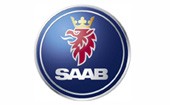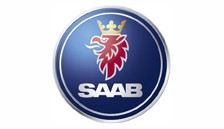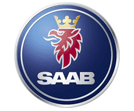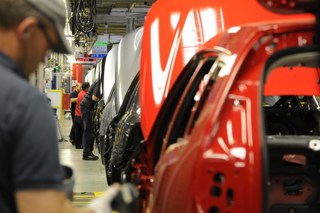Short-term prospects for troubled Swedish car brand Saab have been changing dramatically in recent weeks with new agreements for cash injection following the company’s second factory shut-down of 2011.
The future looked bleak two weeks ago when the company announced it could no longer pay staff and production was put on hold. This followed a five-week shut-down as suppliers stopped delivering parts to the factory in Trollhattan over concerns of unpaid bills.
Management in the UK seemed more relaxed about the recent production freeze, telling Fleet News that some “good news” was expected soon.
The first positive news was an agreement to supply a Chinese company with 582 cars with payment up front, resulting in a £12 million boost.
Within days Saab announced that it had reached a conditional agreement for sale and leaseback of its factory and property to a consortium of Swedish real estate investors, while continuing to find sources of short-term funding to restart vehicle production.
Shortly after there was news of a bridging loan to enable it to pay employees while agreements of funding from Chinese vehicle manufacturers Pang Da and Youngman, which would give Saab more security in the longer term, were awaiting government approval.
The company has now secured funds of £60 million.
According to the UK importer Spyker, which now owns Saab under the name of Swedish Automobile, it has been running the sales business as if there were no crisis. When the supercar maker bought Saab, it also protected its routes to market by buying the distributor in the three principal territories of the US, UK and Sweden.
Despite the changes to the company structure, many of the senior management of Saab GB remain the same. Paul Adler is corporate sales general manager with oversight of fleet. David Pugh is marketing and PR director. Their biggest problem is that they cannot give delivery dates because the plant is not running. Unpaid component bills means parts are in short supply and lines now runs only when there is the chance to complete cars.
The hiatus comes at a bad time for Saab GB which has been inching its way up the dealer satisfaction league table. It is now in the top third.
Saab GB concedes that its strategy under GM was not sustainable because of unrealistic volume targets.
“In the recent past before the sales spike, Saab was 14,000 to 15,000 a year,” said Pugh. “In the first quarter we did 1,800 units which was 50% up on last year. We were on track to do 10,000 for the year. Now sales are very low because we just are not getting delivery.
“The UK order bank is just over 1,000 and is around 10,000 globally.”
The possibility of Saab shutting down has not yet troubled UK buyers. The company says there are only about 10 customer calls a day seeking reassurance, contract hire deals are unchanged, and there is no increase for the fleets in contract hire deposits.
Prices for 2012 model year cars is more competitive relative to the peer group than for 2011, and as a result of the changes to list price and better standard specifications, residual value predictions have improved.
“The residual performance has improved by £1,500 in 12 months in the leasing industry,” said Adler.
Victor Muller, chairman of Saab Automobile, said: “We have clearly gone through a very rough patch and hopefully we can now reach agreement with our suppliers so as to ensure a resumption of our production in a controlled way. Our mid and long-term funding is secured by the Pang Da/Youngman agreements which are still subject to certain governmental approvals.”
Leasing firms offer backing
Two years ago, when GM announced it was putting Saab up for sale, a number of leasing companies stopped writing new business.
It has taken Saab a while to regain confidence, so has this latest setback affected the relationship?
While leasing firms were reluctant to comment publicly, privately they appear happy to continue supporting Saab, perhaps helped by the knowledge that the volumes are low – Saab has sold just 1,762 fleet cars to the end of May.
One company boss told Fleet News: “This is nowhere near as bad as it got in 2009. We have no problem supporting Saab and are confident they will secure the necessary funds.”

















Login to comment
Comments
No comments have been made yet.